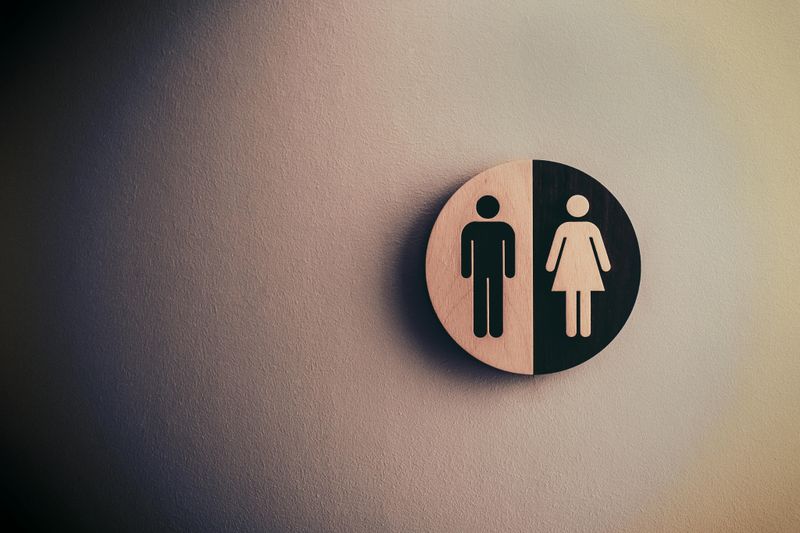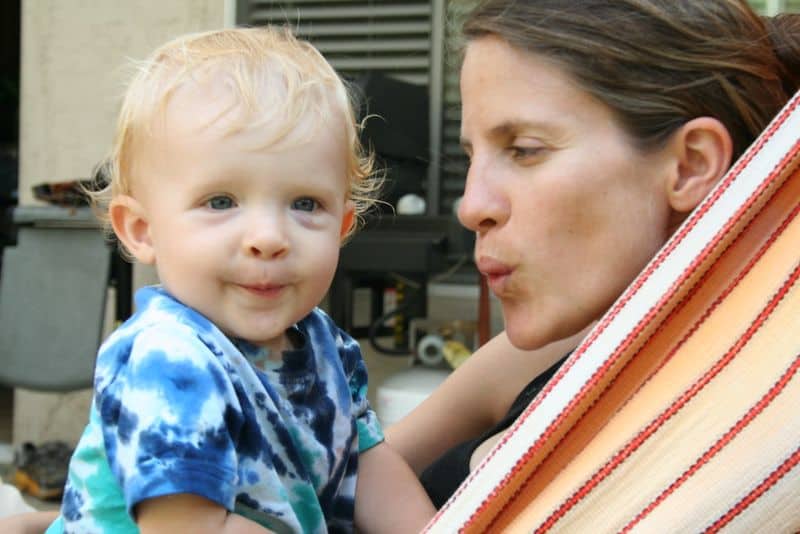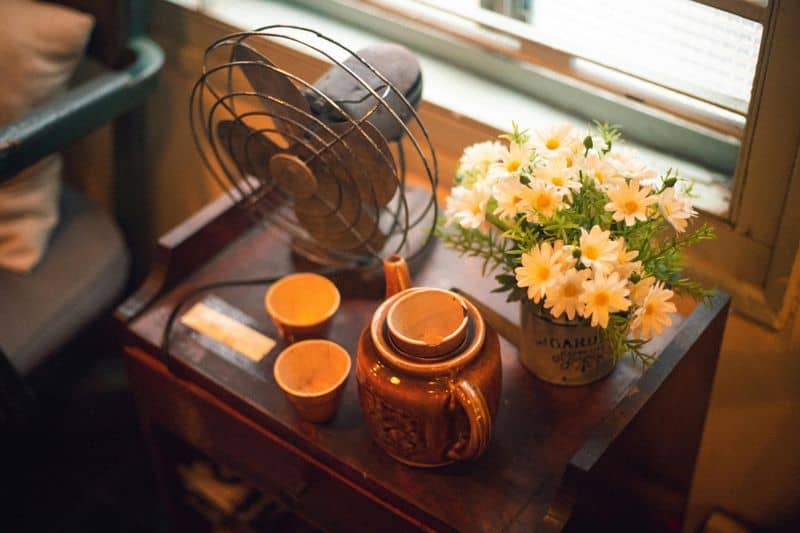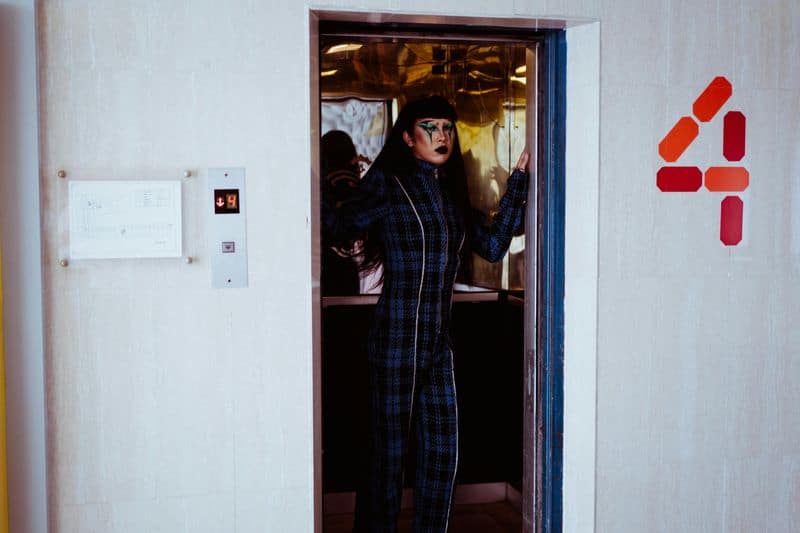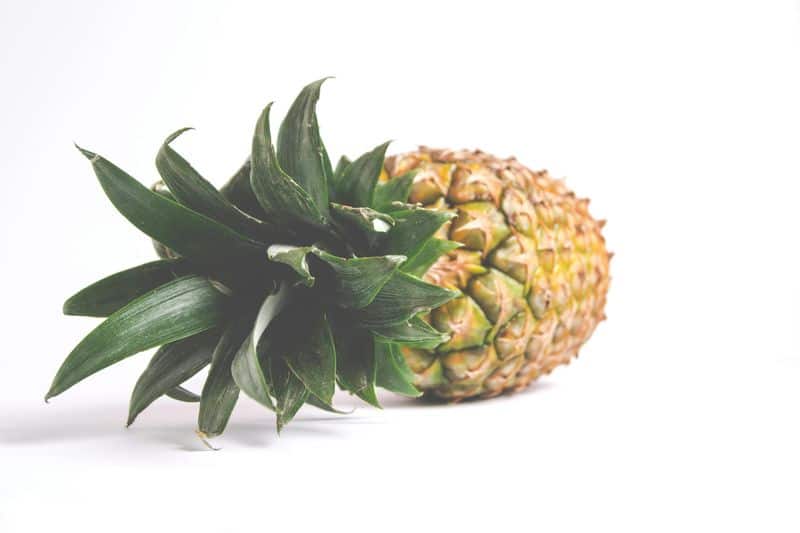Around the world, people follow traditions and beliefs that might make Westerners scratch their heads in confusion.
What seems strange to one culture makes perfect sense in another, showing just how differently humans can view the world.
Let’s explore some fascinating cultural beliefs that challenge Western ways of thinking and remind us that logic itself is often shaped by where we grow up.
1. Bathroom Ban for Newlyweds
The Tidong people of Indonesia have a wedding tradition that would make most Westerners cross their legs in horror. Newly married couples must avoid using the bathroom for three entire days following their ceremony!
Family members watch the couple closely to ensure they follow this rule, believing it brings good luck and a strong marriage. The couple is allowed minimal food and drink during this time to help them endure.
This practice supposedly tests the couple’s self-control and patience – qualities needed for a successful marriage. If they can survive this bathroom marathon together, the thinking goes, they can handle anything life throws at them.
2. Forest Spirit Who Demands Twice-Daily Offerings
Ever imagine needing to leave gifts for an invisible forest dweller twice every day? For the Sami people of northern Scandinavia, this isn’t fantasy but religious practice. They believe in Laib Olmai, a powerful forest spirit who watches over animals and can determine hunting success.
Faithful Sami make offerings morning and evening, leaving small items or food in special places among the trees. Missing these ritual gifts might anger Laib Olmai, causing bad luck or failed hunts.
Modern Sami still honor these traditions despite outside influences, showing remarkable cultural persistence in our scientific age.
3. Whistling Summons Evil Spirits
Fancy a cheerful whistle while walking home at night? In many parts of Turkey and Russia, people would frantically shush you! Whistling after dark is believed to call evil spirits or invite financial ruin.
Russian sailors particularly fear whistling aboard ships, convinced it will summon deadly storms. The superstition runs so deep that some apartment buildings post “No Whistling” signs in common areas.
Some families teach children this belief from such a young age that grown adults still feel genuine unease when hearing nighttime whistling. What seems like harmless musical expression to Westerners represents dangerous supernatural communication in these cultures.
4. Fan Death Fear in Korea
Leave a fan running overnight in South Korea and you might wake up to concerned relatives! Many Koreans firmly believe sleeping in a closed room with an electric fan running can cause death. This belief, called “fan death,” persists despite no scientific evidence.
Korean fan manufacturers even build automatic timers into their products as a safety feature. News reports occasionally attribute mysterious deaths to fans, reinforcing the fear.
Possible origins include government energy conservation campaigns during 1970s power shortages or misunderstandings about hypothermia. Whatever the source, this uniquely Korean fear remains powerful enough that many tourists find their hotel fans mysteriously turned off by cleaning staff.
5. Number 4 Phobia in East Asia
Walk through an East Asian hospital and you might notice something odd – the fourth floor is missing! In China, Japan, Korea and Taiwan, the number 4 is considered terribly unlucky because it sounds similar to their word for “death.”
Buildings frequently skip floor 4 or label it 3A. Product lines jump from 3 to 5, and gift sets of 4 items are practically taboo. Some people pay extra for phone numbers without 4s.
This fear, called tetraphobia, influences major life decisions. Apartments on fourth floors sell for significantly less, and businesses avoid launching on dates containing 4. Western companies operating in Asia often adapt their practices to respect this deep-seated cultural belief.
6. Evil Eye Protection Through Spitting
Grandmothers in Greece don’t mean to be rude when they spit at babies – they’re actually showing affection! The practice of fake-spitting (making a “ptui ptui” sound) is meant to ward off the evil eye and protect the child from jealousy-induced curses.
Beautiful objects or people are thought to attract harmful energy from envious onlookers. Greek mothers often pin blue eye amulets to their children’s clothing for additional protection.
Compliments must be carefully delivered with protective spitting or phrases like “may it not be envied.” Headaches, yawning, or unexplained discomfort might signal someone has cast the evil eye on you, requiring special counter-rituals involving oil, water and prayers.
7. Deadly Banana Superstitions for Fishermen
Forget bringing a banana on your fishing boat in many coastal communities – you might get thrown overboard with your forbidden fruit! Fishermen from Hawaii to the Caribbean maintain that bananas on boats cause terrible luck, empty nets, or even deadly accidents.
Some won’t allow banana-scented sunscreen or clothing with banana logos. The origin might trace back to fast-sailing banana trade ships (too quick for successful fishing), poisonous spiders hiding in banana crates, or bananas’ tendency to release ethylene gas that spoils other cargo.
Modern charter fishing boats still enforce strict no-banana policies despite the superstition’s irrationality. Many captains tell stories of mysteriously failed fishing trips until someone confessed to bringing the yellow bad-luck charm.
8. Supernatural Pregnancy Food Rules
Pregnant women across Southeast Asia navigate complex food superstitions that would baffle Western obstetricians. In Malaysia and Indonesia, expectant mothers avoid pineapple because its “heat” might cause miscarriage, while coconut water supposedly creates birthmarks shaped like eyes.
Filipino pregnancy traditions warn against eating twin bananas unless you want twins! Eating blackberries might give the baby dark spots, while squid could make the baby’s skin sticky.
Many women follow these guidelines despite modern medical education. The beliefs reflect deeper cultural understandings about connections between mother and unborn child. Food restrictions also serve as community care systems, with older women monitoring younger ones’ diets as expressions of intergenerational support.
9. Hair-Based Weather Predictions
Native communities in Bolivia’s Altiplano region can forecast rain without meteorology degrees – they just need to check their hair! When atmospheric humidity rises before storms, human hair absorbs moisture and becomes more difficult to cut.
Traditional weather predictors test hair’s resistance against scissors to forecast precipitation up to three days ahead. Other signals include joint pain, animal behavior changes, and certain cloud formations.
Surprisingly, these methods often prove accurate in regions where modern weather forecasting struggles with microclimates. While Western science might dismiss this as coincidence, these indigenous forecasting techniques represent sophisticated observational systems developed over centuries of close environmental relationship. Modern climate researchers now study these traditional indicators for potential insights into local weather patterns.
10. Soul-Stealing Photography Fears
“Don’t take my picture – you’ll steal my soul!” This isn’t just movie dialogue; some indigenous groups genuinely fear photography. The Amish, certain Native American tribes, and remote communities in Papua New Guinea maintain strong reservations about being photographed.
Their concern stems from the belief that images capture part of one’s spiritual essence or life force. Some worry that photos might be used in harmful magic or that souls trapped in photographs cannot properly enter the afterlife.
Modern tourists often dismiss these beliefs as primitive, yet they reflect sophisticated metaphysical frameworks about personhood and spirit. These communities ask important questions about image ownership and consent that digital society struggles with today – perhaps their soul-stealing concerns weren’t so illogical after all.


